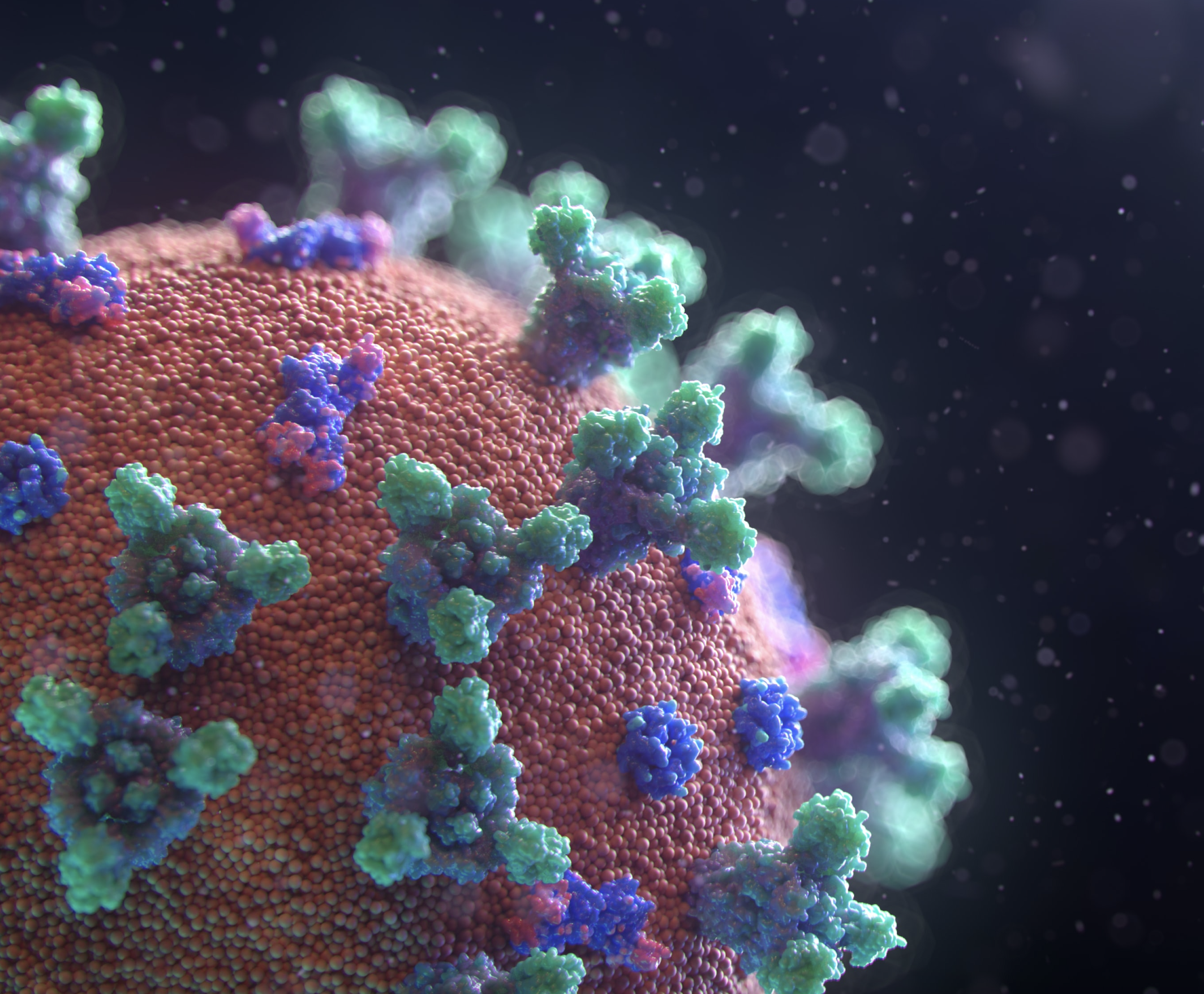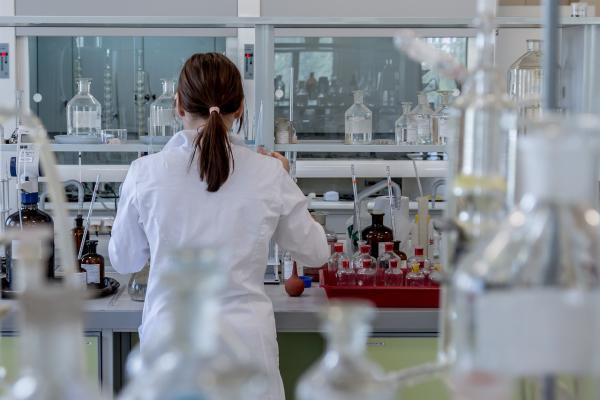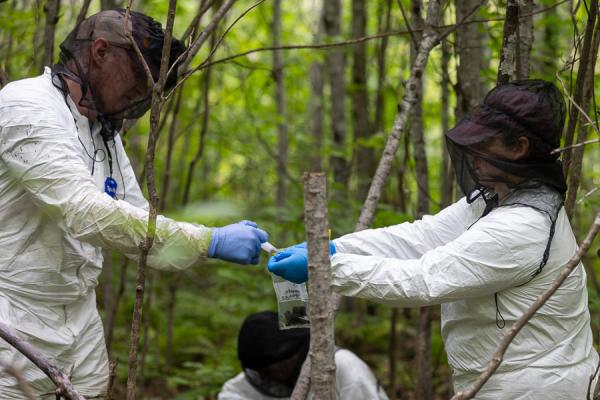Newly funded: Developing a widely accessible COVID-19 breathalyzer test
March 11, 2021

Building on previous success, University of Minnesota researchers Maxim Cheeran, BVSC, MVSc, PhD, and Jian-Ping Wang, MS, PhD, are collaborating with Aerosol Devices, Inc. (ADev) in Fort Collins, Colo., to develop a breathalyzer that would detect SARS-CoV-2 directly from exhaled breath. The University researchers received approximately $135,000 of funding through the National Institutes of Health’s RADx-rad program to collaborate with ADev over a 12-month period. The SARS-CoV-2 breathalyzer, which is functionally similar to breathalyzers used to determine blood alcohol level, would revolutionize COVID-19 control strategies by enabling non-specialists to screen individuals at airports, large office buildings, schools, and more in near real-time. The device will directly measure virus particles in exhaled breath, rather than indirectly inferring the presence of the virus by measuring gas-phase compounds that may be associated with COVID-19 infection. Cheeran and Wang developed an inexpensive COVID-sensitive assay based on magnetic particle spectroscopy, which they had previously proven to be effective at detecting influenza A subtype H1N1. ADev developed a bioaerosol collection technology that captures nearly 100% of infectious virus particles. The goal of this collaborative funding is to integrate ADev’s collector with the University’s virus-detecting assay. The device’s portability and smartphone interface will facilitate testing in remote areas and heavily trafficked locations alike. By transmitting test results collected from distant locations to central data analysis units, real-time infection data can be provided to epidemiologists instantly while significantly reducing the costs for monitoring the disease at the regional level. Phase 1 funding began in December 2020 and will last through November 2021.
Image courtesy of Fusion Medical Animation on Unsplash


